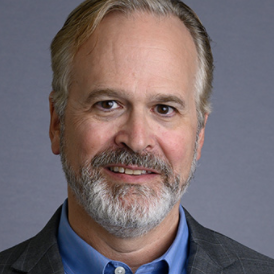

 Richard Hawkes, MBA, is the founder of Growth River LLC, an international consultancy that systematically guides change journeys to higher performance in businesses and organizations. Its practical mission is to make unleashing people-centric performance easier.
Richard Hawkes, MBA, is the founder of Growth River LLC, an international consultancy that systematically guides change journeys to higher performance in businesses and organizations. Its practical mission is to make unleashing people-centric performance easier.
He has worked with hundreds of leaders and teams to improve clarity of purpose, collective happiness, team alignment, business growth, and competitive advantage. He sees purpose-driven, customer-focused, multi-stakeholder businesses as our best bet for solving the big problems. His recent book “Navigate the Swirl” is widely available.
Connect with Richard on Facebook and LinkedIn.
What You’ll Learn In This Episode
- “Navigate the Swirl”
- Many of the approaches to getting companies “unstuck” treat businesses like machines
- “High-performing teams” are the “secret agents” of transformation
- The first step to take if your organization is caught up in the Swirl
This transcript is machine transcribed by Sonix
TRANSCRIPT
Intro: [00:00:02] Broadcasting live from the Business RadioX studios in Atlanta, Georgia. It’s time for Association Leadership Radio. Now, here’s your host.
Lee Kantor: [00:00:17] Lee Kantor here another episode of Association Leadership Radio, and this is going to be a good one, so make sure you got a pad of paper and a pencil handy because you’re going to learn some stuff and take some good notes. Today on the show, we have Richard Hawkes and he is with Growth River and he’s here to talk about his new book, Navigate the Swirl. Welcome, Richard.
Richard Hawkes: [00:00:38] Hi. Welcome. Thank you.
Lee Kantor: [00:00:39] Well, I’m excited to learn about Growth River. First, let’s start there. How are you serving folks?
Richard Hawkes: [00:00:46] So we provide consulting services to take leadership teams on transformational journeys. And what that really means is we help them come together as in teams, and then we help those teams lead their organizations with other teams through radical change, restructuring the organization, digital transformation. And we touch on all of the topics related in there, especially around leadership and culture, capabilities and roles, strategies and customer experience that full dimension.
Lee Kantor: [00:01:24] So what is the type of pain that they’re having when they go, you know what, maybe we should call the growth river folks.
Richard Hawkes: [00:01:32] Well, it depends on what lifecycle stage they’re in, but very often they’re in a in a in a caught up in a situation where they are feeling the swirl of the book. The book that I’ve written is called Navigate the Swirl. And the Swirl is that feeling of being caught up in always another drama, always another priority. But do we all know where it’s really headed? Is it worth it? So, so we get brought in when teams are in that kind of a situation and they really need to be able to get their head heads above water and get on the same page with each other so they can be on a on a journey together. So that’s the pain point.
Lee Kantor: [00:02:12] So now you call it the swirl. I’ve heard a lot of folks call it being stuck. You know, they get into this I don’t want to say it’s a death spiral, but it’s it’s kind of a Groundhog Day kind of situation where it doesn’t feel like they’re making that much progress. So they’re doing a lot of work and they’re busy, as all can be. And that but but there could be kind of systemic problems. How do you kind of jump in to kind of get the lay of the land so you can help them get back to their true north, which sometimes they kind of lose track of?
Richard Hawkes: [00:02:47] Well. So the first thing to know is. Is that these are social systems, right? So people are often caught up in a swirl because leadership or management think of a company as as as a machine. Right. So so what happens is, is there’s they’re thinking, okay, so the small group at the top is kind of they’re sort of be the engineers and then everyone else is like a part. And then what happens is, is that. Those parts really need to comply with their roles and and and not really change too many things. What happens is when you’re caught up in the swirl, it’s usually because the conversations about what changes need to happen, how they need to happen, and how we’re going to do them together. The capacity for that is missing. So the first thing we end up doing, we start with is helping them understand their organization as a social system and understand how that system changes and how it changes through conversations. How do you have those conversations? What are those conversations? And then we introduce an approach called the Seven Crucial Conversations, which basically says, had the first two of those are about purpose. And well, first three purpose and focus in mindset. They’re about how do we navigate all this together? And then that takes you into other ones around roles and capabilities and interdependencies and then into strategies and implementation. And so as. Leaders and teams go through these conversations, they actually begin to create all the agreements with each other that enable them to get out of this world. And and that’s sort of how it happens. It happens person to person, individual to individual, group to group, alignment occurs, agreements are created, and you find yourself being able to get out of this world. Because the thing about the swirl is you can’t escape it alone. You can only escape it by talking to other people and figuring out a way to get out of it together, because it’s really caused by the systems within which you are all participating together.
Lee Kantor: [00:04:59] Now, is this just an inherently human situation in terms of when you have like if you’re a solopreneur and it’s just you, there’s no issue with communication, right? You know what you’re going to do? You know what you’re responsible for. There’s pretty good clarity there. Now you bring on a second person and you might have a division of labor and then that, you know, you could have some friction, but there’s clarity there. But once your organization gets to a certain size, is this just kind of built in? Like, it’s not a bug, it’s a feature of just having lots of humans together, no matter what the task is that communication is going to break down, people are going to communicate, they’re going to not have clarity and that they need to kind of reset or put kind of proactively put systems in place to help keep that part running smoothly, or else you are liable to kind of get into that swirl sooner than later.
Richard Hawkes: [00:05:55] So yeah, I mean, you’re exactly right. So there are definitely points in time as organizations grow where the complexity kind of has a leap and you need to figure out how to organize in different ways. And they definitely occur when you have one or two people. It’s a different game than suddenly when you have five. Exactly where those breakpoints are. I’m not sure. I remember somebody saying, you know, for their business, there was a breakpoint at three people and then there was a breakpoint at nine people. And then there was a really significant breakpoint when they got to be around 20 people. What I can say is that that I’ve taken worked with organizations on their entire life cycle. So I started out with one company and we started with four scientists in a lab, and over 18 years we grew that company into one of the largest global players in its space. And in the end, they had. Facilities all over China and Europe and the US. And you know, at each of these break points as the company got larger and larger. The real challenge was, well, how do we organize to handle greater degrees of speed and complexity? And the real challenge, once you get past one or two people.
Richard Hawkes: [00:07:23] The challenge is it’s always the same challenge, which is how do you get better at distributed leadership? How do we get better at all of us playing full out from the perspective of from the roles that we play, playing those roles full out, having those roles align with our own purposes and how do we play them in relationship to the other roles in the system for the good of the whole, and what is the good of the whole even mean? So that’s those are sort of the questions that come up no matter what. When you’re alone, you can answer them for yourself. Get two people together. You have to answer it for both of you. Get five people together. It’s a little harder to answer those questions. But what I can say is that unless you answer those questions, well, you’re you’re going to be unable to adapt and move and sort of fly in formation with each other. And the book lays those out. And it actually lays out that that journey as well from small company or small association to to something much, much larger. And it helps you sort of see the different ways in which you would need to organize, depending on how big the challenge is.
Lee Kantor: [00:08:39] Now, is this an issue that ideally should be handled like before you hire the leader to make sure that that everybody is on the same page and that everybody knows what is expected and what they want to accomplish? Or is this something that if you hire a leader, you can kind of move them into this proper mindset in order to be successful within the organization?
Richard Hawkes: [00:09:07] So leadership is really, really important. And so the very first of those seven conversations, the activating purpose conversation, a big part of that is actually about leadership. And you need to teams need to have leaders and the leaders need to be accountable for the team’s performance and accountable for the working environment within within the team, how the team members interact with each other. If you don’t have that, you don’t get a team, you get something more akin to a work group. But you don’t really unlock this kind of let’s work independently in a highly effective way. That typically doesn’t happen without a leader in charge. So if you’re an entrepreneur, a single shingle, and you start building a team, the place you have to really start is looking at your own, your own leadership and your own capacity to lead. And you need to start taking accountability for for building that team. And one other thing is there’s this thing called leadership clearing. And clearing is a really interesting idea. So, so way to think about it is imagine you’ve got a jungle and and, you know, in the middle of the jungle, somebody clears away the trees.
Richard Hawkes: [00:10:25] So there’s this sort of shaft of light that comes down you’re clearing. And all the people who are stuck out in the darkness of that jungle are getting attracted to this clearing. That clearing is your purpose. That clearing is is the the purpose of your organization, that thing you’re there to do together. The moment you own a clearing and people start coming into that clearing and you’re the leader, you’ve got a bunch of choices to take. You’ve got to decide, Well, how do we organize everybody to keep the jungle from devastating it? How do I make sure someone doesn’t take this clearing and hijack it for another purpose? And, you know, and how do I create the conditions for people to come into the middle and sit and bask in the sunshine but don’t help? How do I exit them? These are just the basic choices. And without that kind of leadership mechanism in place, you really don’t you can’t really build an organization or even a team.
Lee Kantor: [00:11:25] Now, as a leader of an organization or leading a team, how important is it to instill that philosophy of leadership within each of your team members to give them the opportunity to lead if they so desire, but also the opportunity to be, you know, kind of that good soldier, if that’s the path they desire.
Richard Hawkes: [00:11:48] Well. Right. So. So. So. On one end you have. The quest is for distributed leadership. So the optimal situation would be everybody is a leader and it’s all leaders, leading leaders, right? We’re all able to both be leaders and followers and we’re all able to really step up and and and lead others to to greater levels of performance that would be ideal. Usually that’s you know, that’s what you want. But usually you don’t have as many people who have that skill set, right? That’s usually a limited or a scarce skill set. So you’re on the other side of the spectrum with one leader and who’s more capable and other other folks who are less able to lead. And so what you ideally need to be able to do as a leader is find ways to develop the leaders around you so they can lead to, and that allows you to grow and scale your company. And it also ideally unlocks innovation, creativity, participation, because the whole reason that we come together to work is so that we can accomplish more together than we could alone. If the whole thing is, it’s just everyone’s just a straight extension of your thinking. Are you really creating a situation where the whole is more than the sum of the parts? That’s the that’s the promise of of leadership. So did I answer your question?
Lee Kantor: [00:13:21] Yeah. I’m just trying to get clear in today’s world where there’s so much remote work happening and people are kind of in this free agent mindset, at least where they want to have flexibility, they want to do what they want to do. Their their place of work is for a lot of people, a place of work. And they want to it’s almost as a project, the leader of a project more so than the a, you know, a part of a larger organization. They might be part of several organizations. So if the intention is to find leaders within that subset of your workforce, a lot of them, I would think, don’t want to be leaders. They just want to, you know, just give me my bag of Cheetos and Red Bull and let me do what I do, and then I’ll deliver what you need me to deliver.
Richard Hawkes: [00:14:10] Yeah. I mean, so so it’s all a conversation. So, yes, there are going to be people who want their Cheetos and Red Bull. Is that any different than people who wanted to show up at the factory and spend X number of hours a day on the assembly line and then go home and never wanted to be the foreman or the it’s it’s it’s this that that dynamic of some people wanting to be leaders and some people just wanting to be workers has existed for existed forever. I think the question is, is for those who do want to be leaders and some people, that’s actually what they want and it’s not everybody. The question is, is how do you recognize them and how do you have a conversation with them that actually allows you as a as the owner of a company or the leader of a company or of an organization to to then give those people a chance to develop as leaders.
Lee Kantor: [00:15:13] Right. And I’m not disputing that part. I think that from an organization standpoint, I would I agree with you wholeheartedly. I want all of my people to be leaders and give them the skills to be as good of a leader as they possibly can be. I mean, I don’t think anybody is arguing that. But in an organizations today and especially in associations today, there are some people that just want to get paid, do their job and leave me alone. You know, like I understand what you need from me. I will do that. And you might wish that I was a leader and that I’m excited about going down this career path within the organization and lead people and do all that stuff. But for me today, I just want to do my job and then call it a day.
Richard Hawkes: [00:16:01] So. So I think what you’re pointing to is actually another word, which is which is the word manager. Right. And it’s funny how people tend not to use that word as much today, but, you know, in a situation where you have workers, you just want to show up and just do the work. Then you need a manager to organize all of that work and to basically enable those workers to do that. And so. Right, so so that’s what you do. You just need managers. You need managers who are going to actually manage the work, organize the work, track the work and enable the business or the association or the to get a fair return on on on those those workers doing that work. I think what is what is interesting is that that I think there’s sort of a. There is a different social contract then than than than the time in which those words were really where they really come from. And something has changed about people’s expectations, about the work they do, their ability to do work that aligns with their own personal purposes and their willingness to just move and ability to just move to if their needs aren’t getting met to something else. And it feels like that might be what you’re pointing to.
Lee Kantor: [00:17:25] Well, I’m just trying to understand, because you said the optimal is everybody’s a leader, that I’m training a bunch of leaders to be leaders. And is is that if that’s the if that’s the objective, then how do you account for some portion of your workforce that really doesn’t want to buy into that, that they just want to just do what they’re doing? And is that something that maybe I shouldn’t hire those people? Maybe that’s the answer, is that, look, maybe that’s part of your problem while you’re in this world is you got too many of those people and you need to aim a little higher.
Richard Hawkes: [00:17:58] No, I think I think that’s that’s exactly right. So so but here’s the challenge. So we start this is different when you’re talking about really small companies, but as they get as they get larger, you’ve got to have people leading different areas. You have to have people leading and managing. Otherwise it doesn’t hold together. And and the question is, is how do you create roles for those folks and and and scale that so often what happens is right. So I’ll start out with one team. The team has a leader, a little company, and it’s just just us, just our management team. And then the team gets to be the organization gets a little bit bigger. And I actually now have a senior team and some sub teams, right? So the leader of a member of the senior team is now the leader of another team. And, and, and, but notice every team has to have its own has to have its own separate. Later. Right. You’ve got to have someone who manages each of these domains and is making sure that that, you know, that they’re run there’s somebody running HR or there’s somebody running finance or somebody running all of these things. You’ve got to have someone who’s leading each of them or you can’t scale an organization. It’s just the fundamental challenge. And those workers that you’re talking about could be scattered across all of that, but they have to be in the context of somebody’s team or some or somebody managing them. And and that capacity to attract people to play those leadership roles is usually the major constraint for growing and scaling companies. It’s like, that is the puzzle. That is the challenge.
Lee Kantor: [00:19:48] And then is today’s workforce kind of forcing you to kind of get out of this world faster? Because it seems to me that today’s workforce is different than even, you know, pre-pandemic workforce.
Richard Hawkes: [00:20:06] I think. I think there’s a lot of things that have changed with. With today’s workforce. I think there’s a different social social contract around what people are. Are willing to do and how loyal they’re willing to be. And I think that has that has that has changed. And I think what that means is if someone is going to be if somebody wants to play a leadership role and they’re going to be offered a leadership role. They’re going to need to take some. They have to take some choices in the company needs to take some choices that solidify that relationship in a way that maybe it didn’t need to be solidified in the past. Whether that becoming a part owner or some option to participate. There needs to be there’s a there’s an expectation that it isn’t just understood that you come and work for a company and you stay there. And it isn’t just understood anymore that some folks that that will be asked to perform leadership duties and will not be differentially, differentially compensated for that. I do think those things are are really front and center in people’s minds. I think it’s probably something that’s healthy. I think I think the clearer we can have these relationships be between employees and employers or gig economy, independent contractors and employers, I think I think the clearer it is, the more likely we are to to to actually have. Happy, healthy, rewarding relationships with each other.
Lee Kantor: [00:22:02] Yeah. I think now that if companies aren’t at least thinking about this and and having conversations about this, they’re in trouble. This is something that is it’s right in their face today. And they have to do something about it. They have to be proactive. They can’t just wait. And I think a company like yours that can go in and help them have these conversations and help them kind of see the forest for the trees, it’s not a nice to have. It’s a must have for any type of growing organization.
Richard Hawkes: [00:22:33] I think that’s yeah, I think that’s right. I mean, I think and I think there’s been a seismic shift. I think we’re just coming these trends that you and are talking about with change in the social contract between employees and employers working remotely, globalization working anywhere, the boundary between having a company where you can hire all your resources externally. I think these are seismic shifts. And what I can say in our work is that the only way to deal with these shifts is to actually talk about them. The. The most dangerous conversation for any leader to lead in an organization is the conversation around capabilities and roles. That’s the conversation where capabilities would be. These are the things my company needs to be able to do really well. These are the strengths we need to have in order to win in the marketplace and to be successful as a firm. And then the roles would be, Well, who owns what? How do we divide that up so that every key capability has an owner has someone who’s representing that in our firm, in our company, so that so that we can grow and scale our company. And the reason that’s the most dangerous conversation is it’s a place where individual aspirations crash into the needs of the business.
Richard Hawkes: [00:24:01] And then the business capabilities all suddenly seem like higher math to everybody because they’re all about, well, we need this capability because of fill in all of the rationale. And for somebody in their role, they look at that and they say, What are you talking about? I just want to make more money here. That’s not a job that I want or that’s not a role that I want to play, or why should I sacrifice that or all the things associated with that. So this is a really significant flash point. The. The challenge is to create the conditions so that you as a leader, as a team, as an organization can can navigate those flash points around people, what roles they’re playing and how they play those roles. You know, you can navigate them in a way that that everyone is aligned. And it’s not it’s not destructive conflict. It’s actually constructive, creative tension between between people. And the secret to doing that is I mentioned the seven crucial conversations, the first three conversations excuse me, the first three conversations. Activating purpose, driving focus and shifting mindset are all about. Creating the conditions so that you can have that most dangerous conversation. And then the fourth conversation is capabilities and roles, and then that takes you into streamlining interdependencies, aligning strategies and implementing initiatives.
Richard Hawkes: [00:25:30] And those four conversations are down in the weeds. That’s where everybody has to negotiate kind of the the details of how they’re going to work together and how how they’re going to actually be productive. But what I can say is, if you don’t get the first three, those leadership, those ones about leadership and culture, purpose, focus and mindset, you don’t get those right now. You’re not going to have a basis of trust that’s necessary for you to actually navigate the really tough conversations. And so most of our clients, who we work with or the associations we work with, the various organizations we work with, they’re stuck wanting to do something that’s really, really important. And they don’t have the alignment among people or the skills among their people to actually sort through all the conflicts and misunderstandings and discussions. Required to trust each other enough to take the decisions to to do that, to do whatever the thing is they’re trying to do. And I’ll just simply say that demand is increasing as speed goes up, the speed of all these changes go up. The demand for help around these kinds of conversations is just growing exponentially.
Lee Kantor: [00:26:46] Yeah, I think that the leaders of an organization have to get this foundational stuff right, because as the workforce becomes more chaotic and disjointed and remote, you have to have systems in place to bring everybody together and communicate with clarity. It’s one thing if you’re all in the same office and you see each other all the time, but if you’re spread out around the globe and you’re trying to lead and you don’t have good communication and and trust, it’s next to impossible.
Richard Hawkes: [00:27:22] Exactly. Exactly. And so an example would be of a of a best practice would be. There’s time for people to come together and really just talk about work, right? Ideally, if you can get people together physically and this doesn’t necessarily work globally, but you get maybe it’s a resume call, you would set aside time for people to actually not talk about work, but actually talk about working together, which is a different conversation. And, you know, I’m not talking about a cocktail hour, although that’s sometimes a wonderful idea. I’m really talking about pausing and and having people be able to share what is what do they need from each other? What experience are they having with each other? Where are they feeling charged and excite? They’re really positive. And where are they feeling like they’ve got some constraints. And you need to create space for people to have those conversations. Where it’s not time box like a lot of meetings are because sometimes people don’t actually know what they want to say. They need to have a little bit of space to sort of feel things out and do that. It’s really tempting in an online environment to pretend like those conversations aren’t necessary. I think those kinds of those kinds of conversations where people really connect in that way are a lot easier to do in a physical environment, in a virtual environment. I think it’s important. I’ve seen it as essential. To intentionally create them. There are lots of creative ways to do it, but I think it’s really important. I think that goes to what you’re talking about.
Lee Kantor: [00:29:11] Well, Richard, congratulations on all the success. If somebody wants to get a hold of you, get a hold of navigate the swirl, learn more about your practice. What is the website? What is the best way to do all that?
Richard Hawkes: [00:29:22] So you can go to our website growth river dot com. That’s easy. The book is widely available in most bookstores and of course on Amazon and it’s available in Kindle versions and hard copy versions. I think there’s an audio book that’s just about to come out, so that’s the place to look. And then on our website, there’s access to to quite a lot of materials to sort of dig into some of the ideas that I shared with you.
Lee Kantor: [00:29:55] Well, thank you again for sharing your story. You’re doing important work, and we appreciate you.
Richard Hawkes: [00:29:59] Thank you.
Lee Kantor: [00:30:00] All right. This is Lee Kantor. We’ll see you next time on Association Leadership Radio.
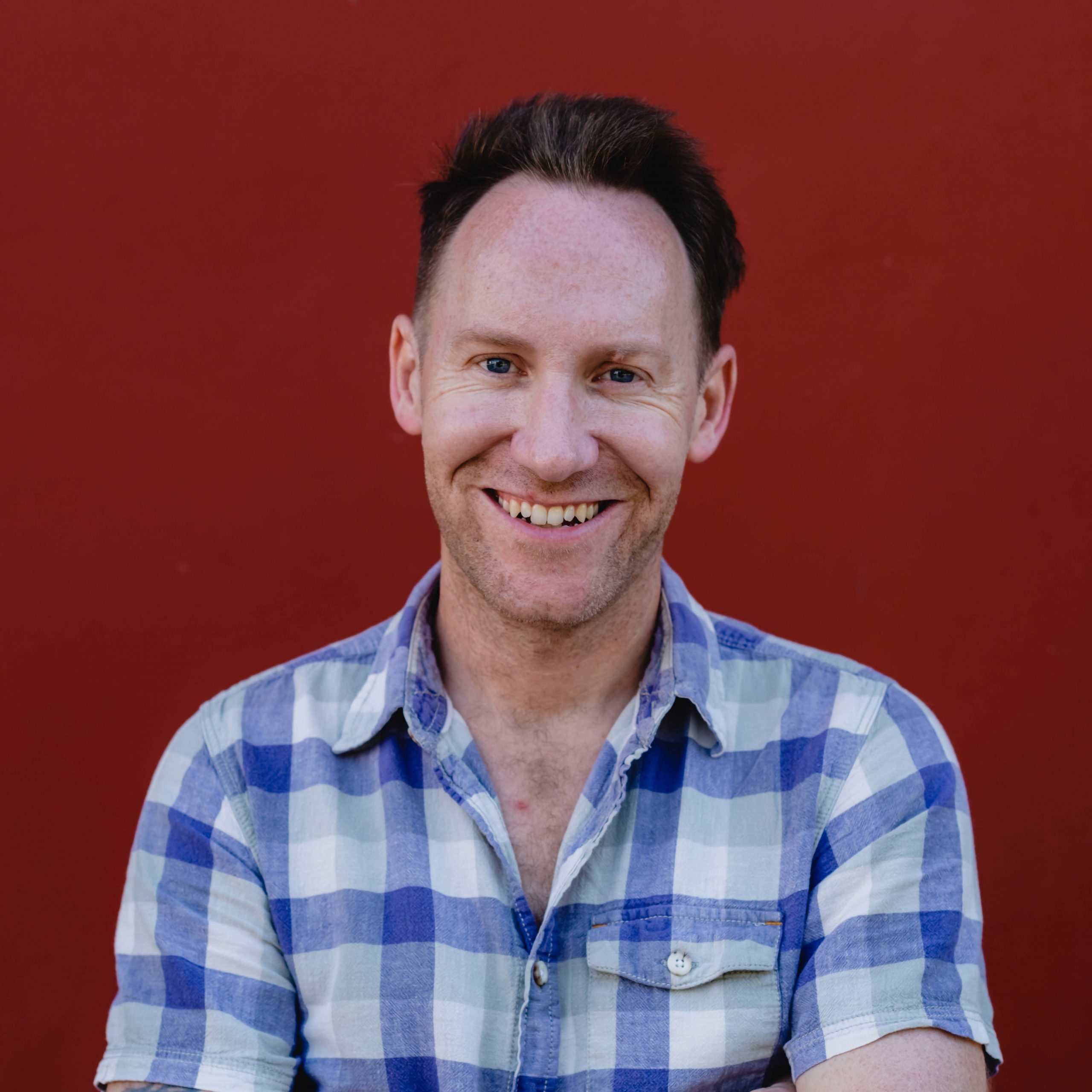

 John Ainsworth is the CEO and founder of
John Ainsworth is the CEO and founder of 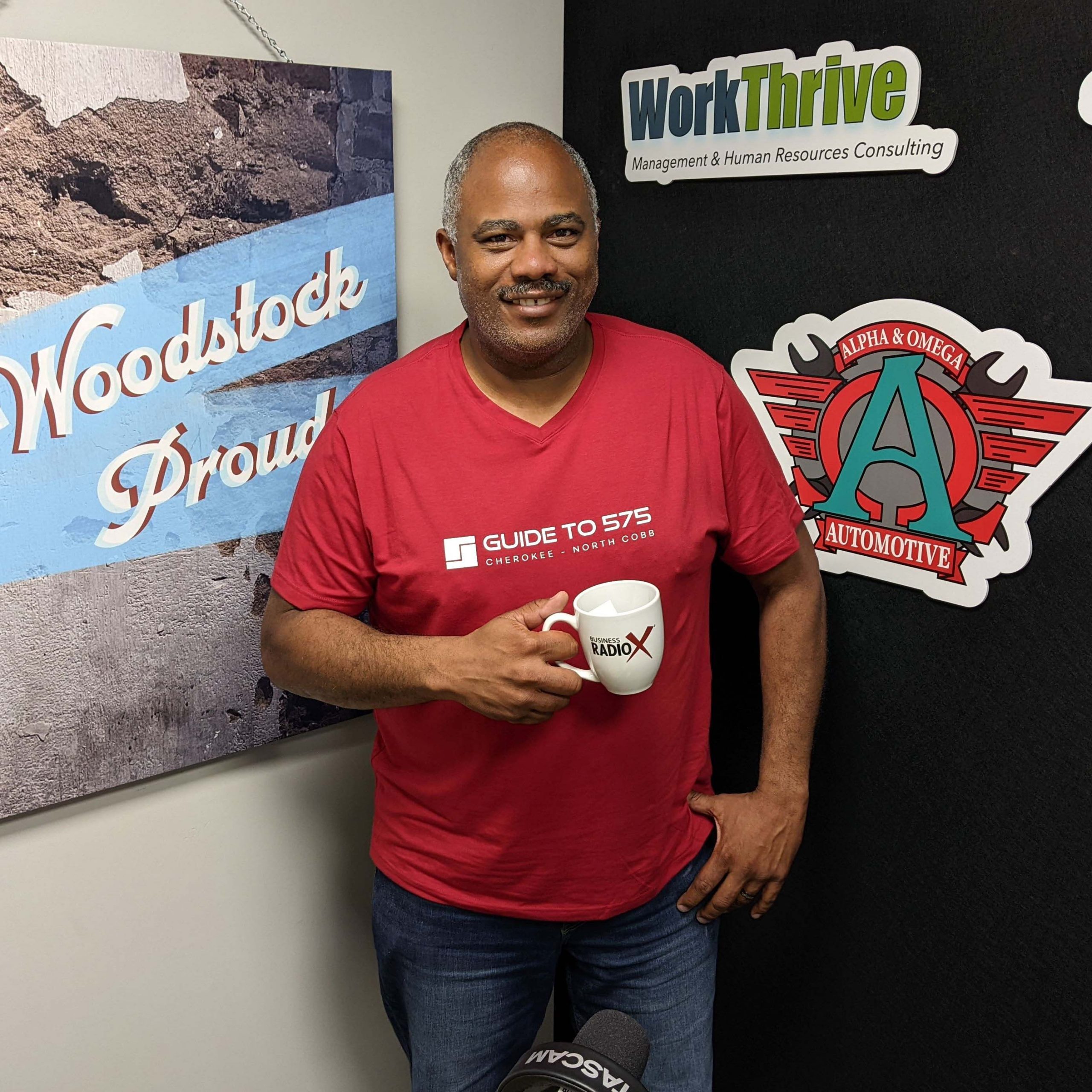
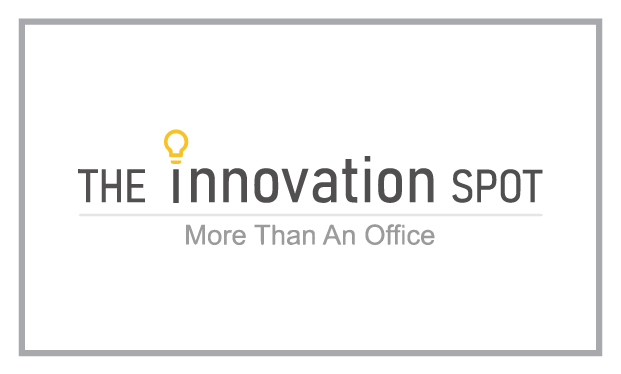
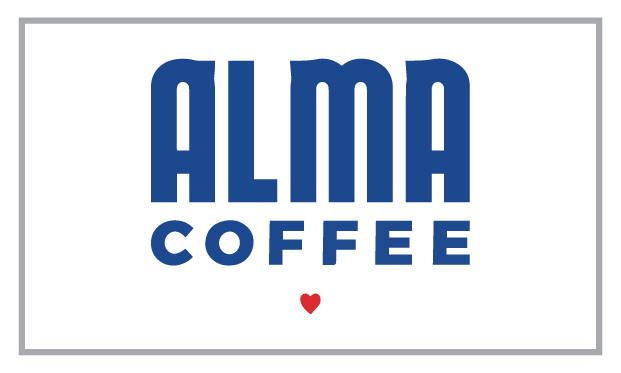

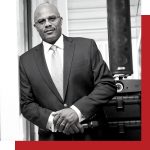 Gerald Griffith is the founder of
Gerald Griffith is the founder of 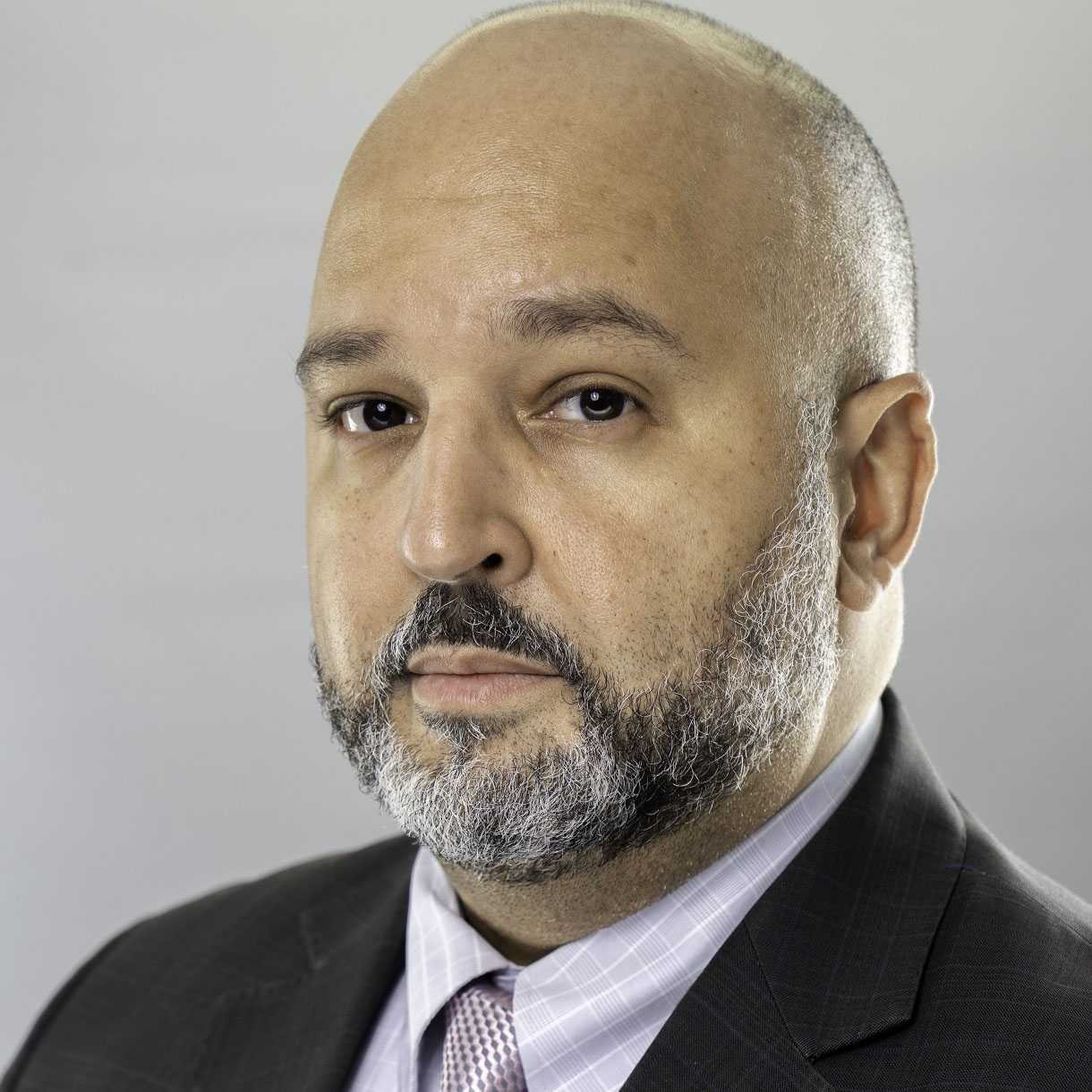
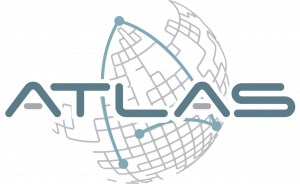
 Edgard A. Hernandez is the Executive Director of
Edgard A. Hernandez is the Executive Director of 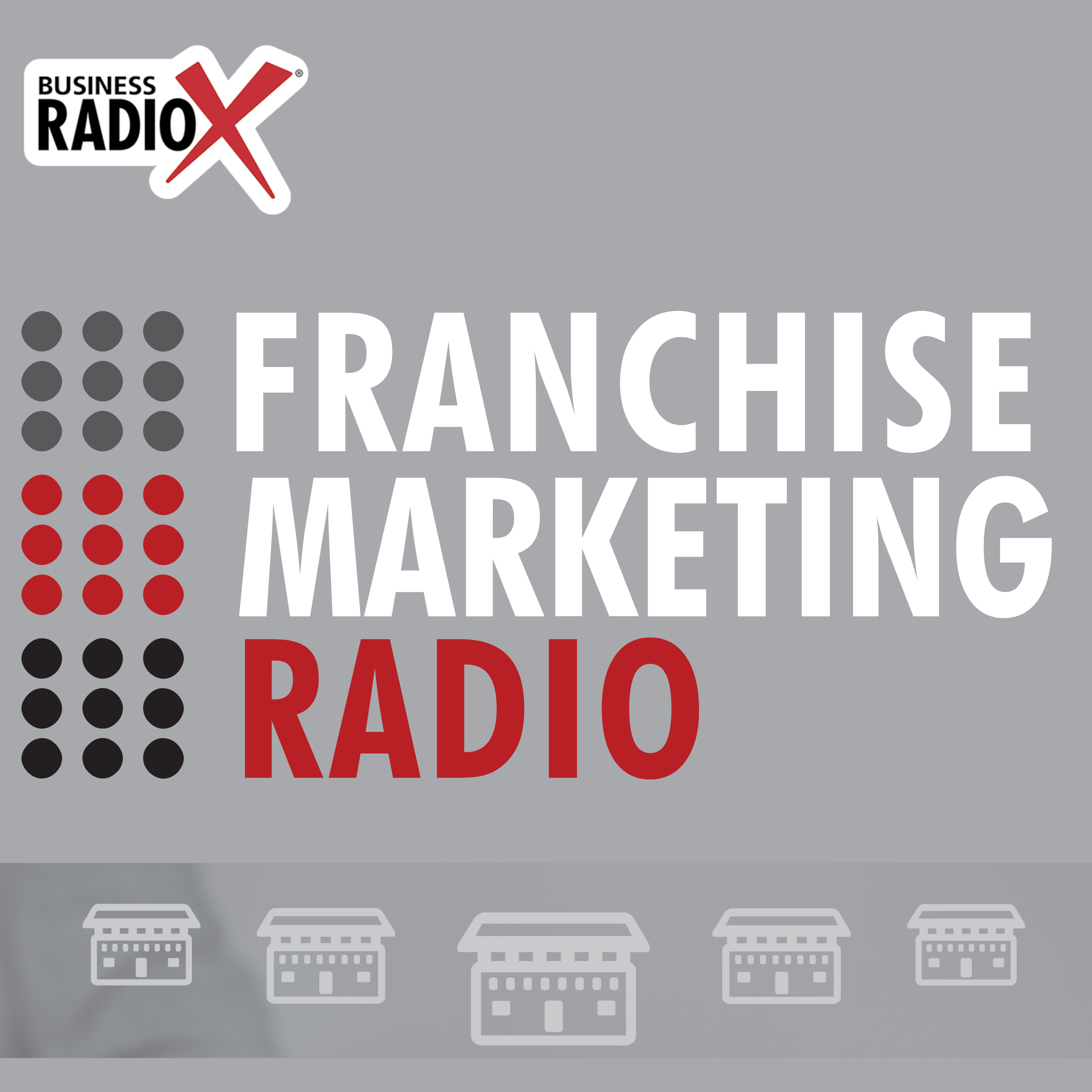
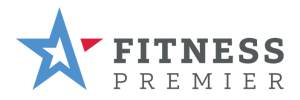
 Started working out since Kyle Retter was 16 when he was teased about his “kid” gut and haven’t stopped since. Joined the Airforce from 2006-2012 where he was an Avionics Technician on the F-16 platform, then worked IT & Security for a year. Spent the remainder of the years in the aviation world contracting for the Military in the US and overseas and now he works for Gulfstream.
Started working out since Kyle Retter was 16 when he was teased about his “kid” gut and haven’t stopped since. Joined the Airforce from 2006-2012 where he was an Avionics Technician on the F-16 platform, then worked IT & Security for a year. Spent the remainder of the years in the aviation world contracting for the Military in the US and overseas and now he works for Gulfstream.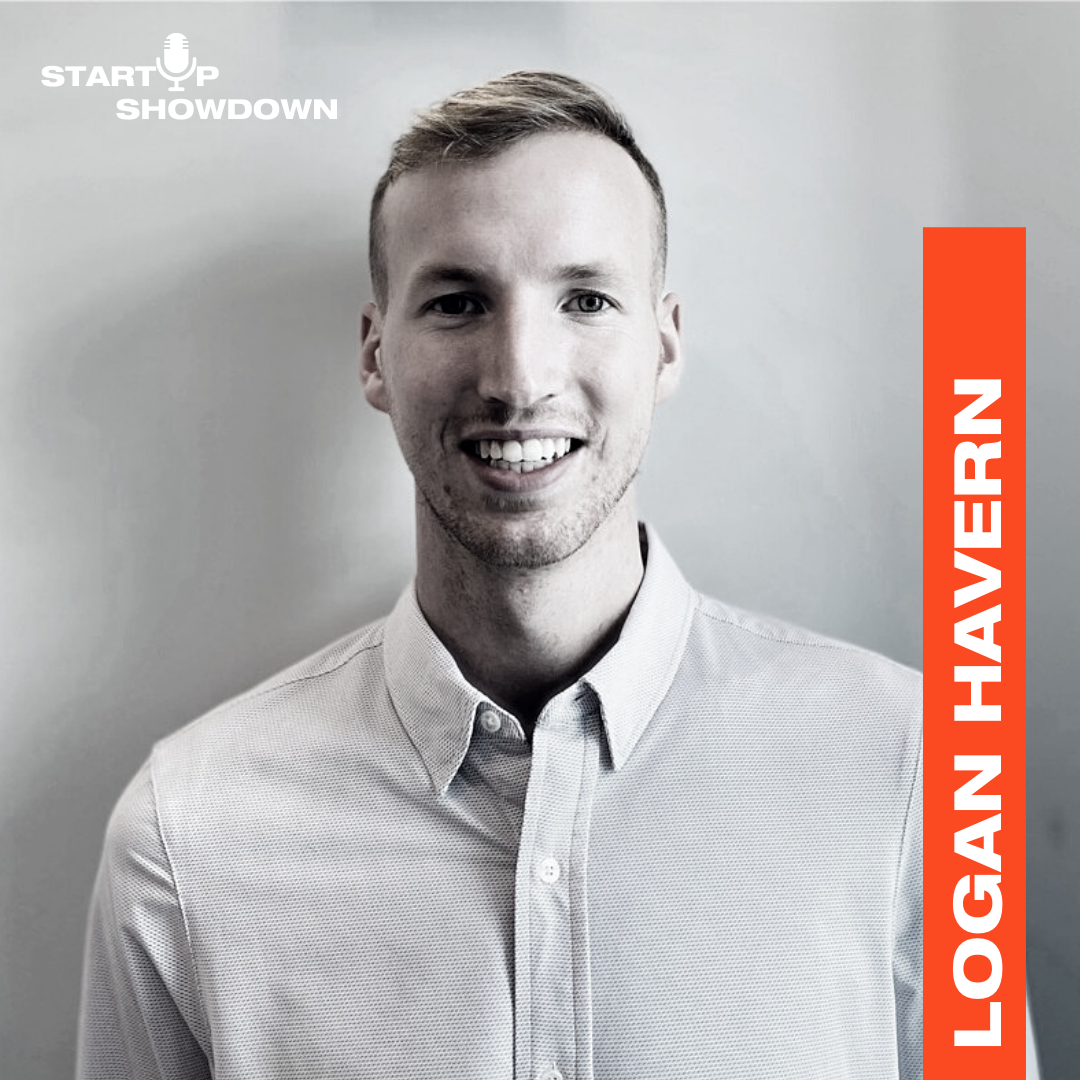

 Logan Havern, Founder & CEO at
Logan Havern, Founder & CEO at 
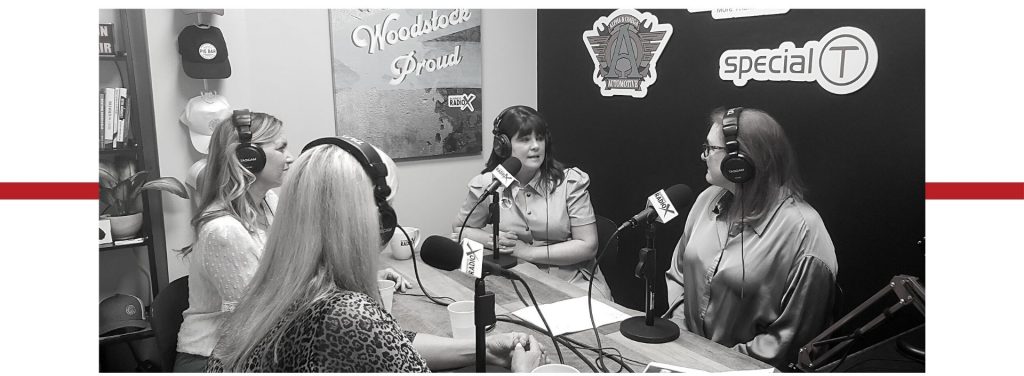
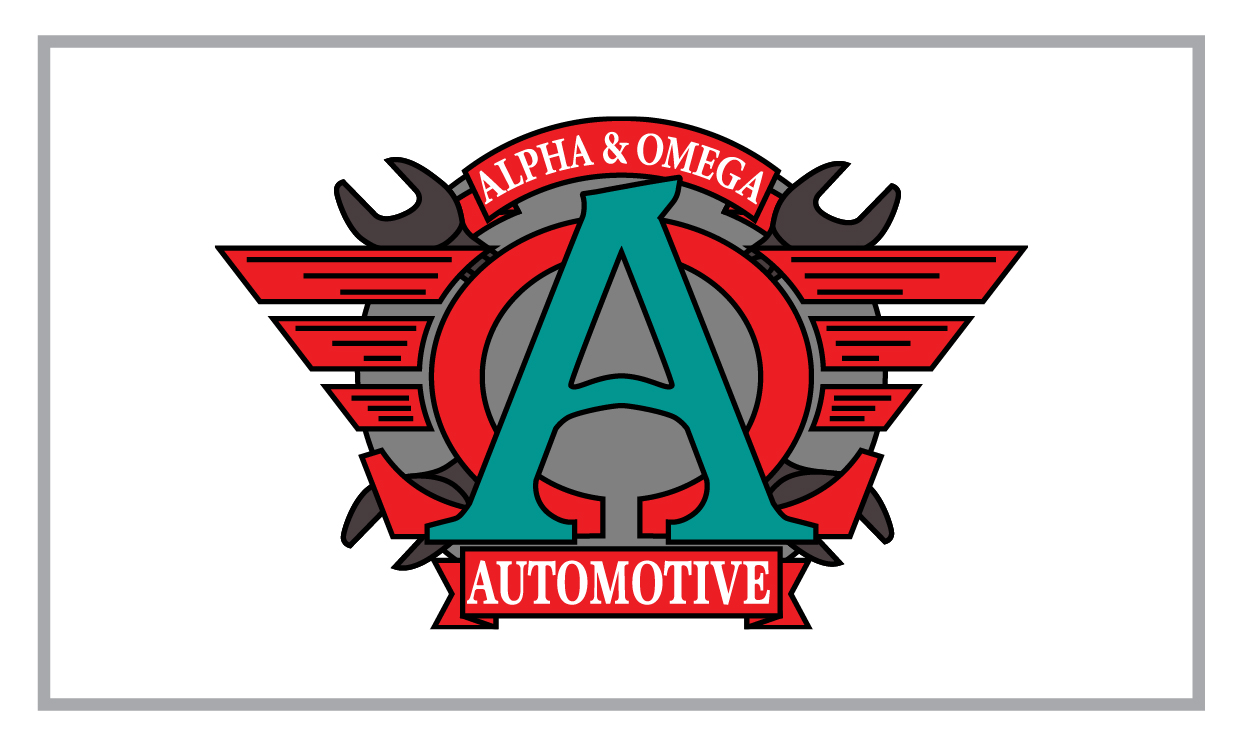
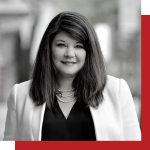 Katrina Singletary
Katrina Singletary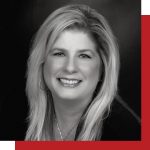 Kirsten Ford, Agent at
Kirsten Ford, Agent at  Heidi Milton, Owner / Professional Organizer at Operation Organization by Heidi
Heidi Milton, Owner / Professional Organizer at Operation Organization by Heidi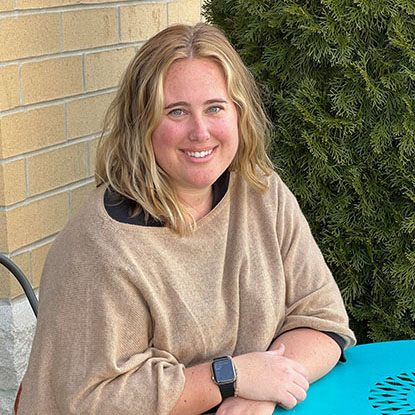
 Dana J. Murn, CAE, Associate Director/Progam Manager at
Dana J. Murn, CAE, Associate Director/Progam Manager at 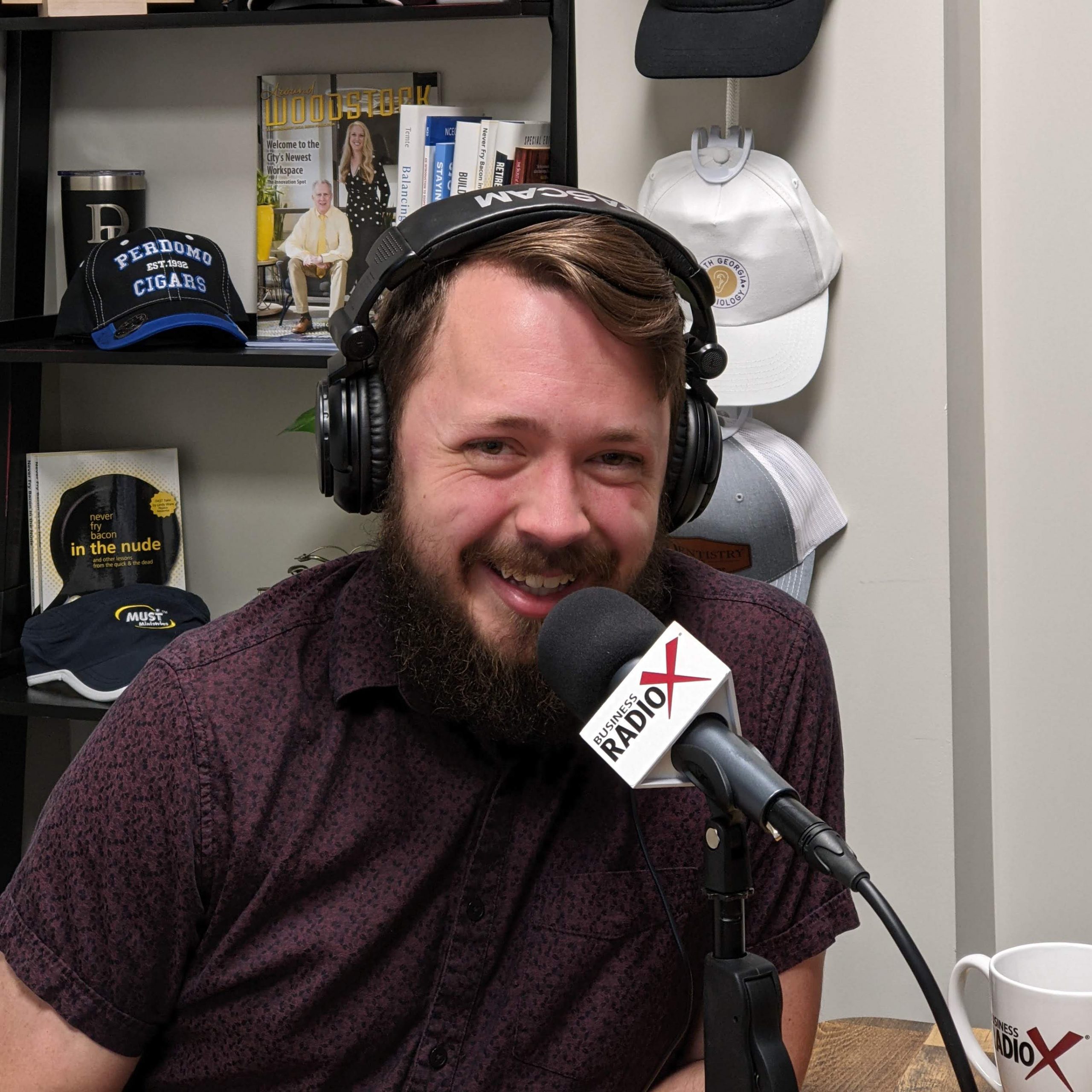

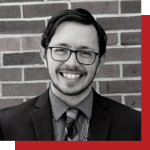 Brian Gamel, Managing Director of
Brian Gamel, Managing Director of 













